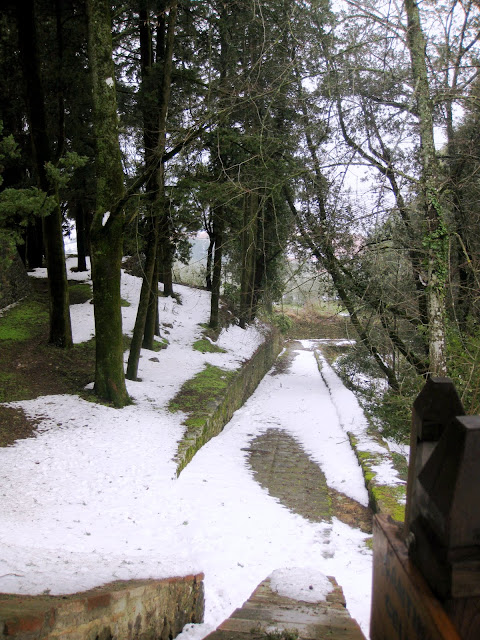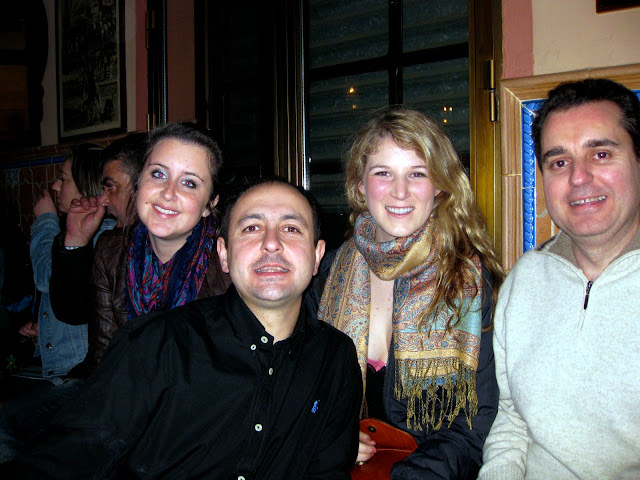What do you usually do when you wake up on your friend's couch, hurting from the night before and starving?

Because I'm pretty getting kebab and hiking up to the top of the city would be a good thing for you.
It worked out pretty well for me.
This one's for you, Stefania. :)





















































